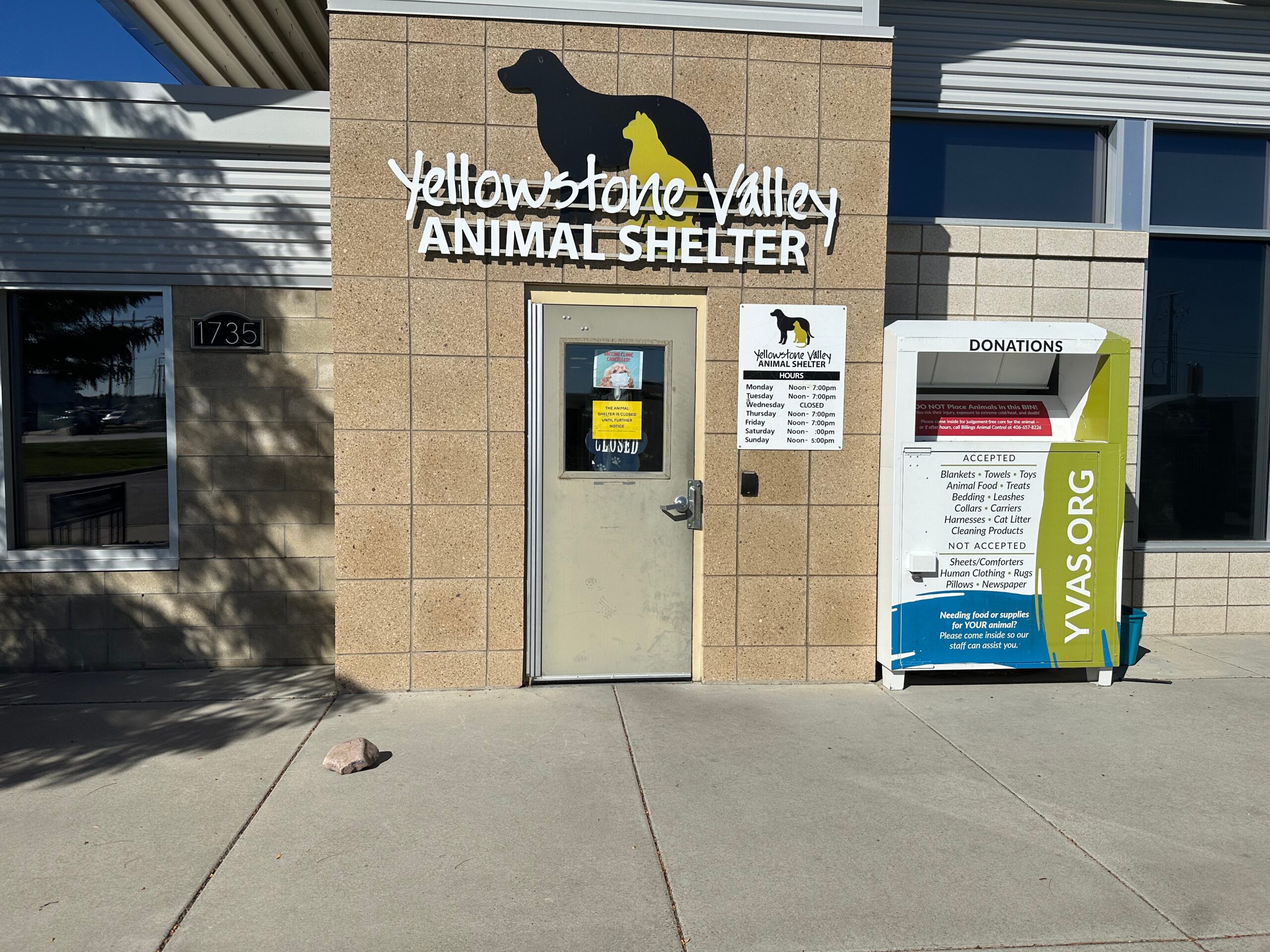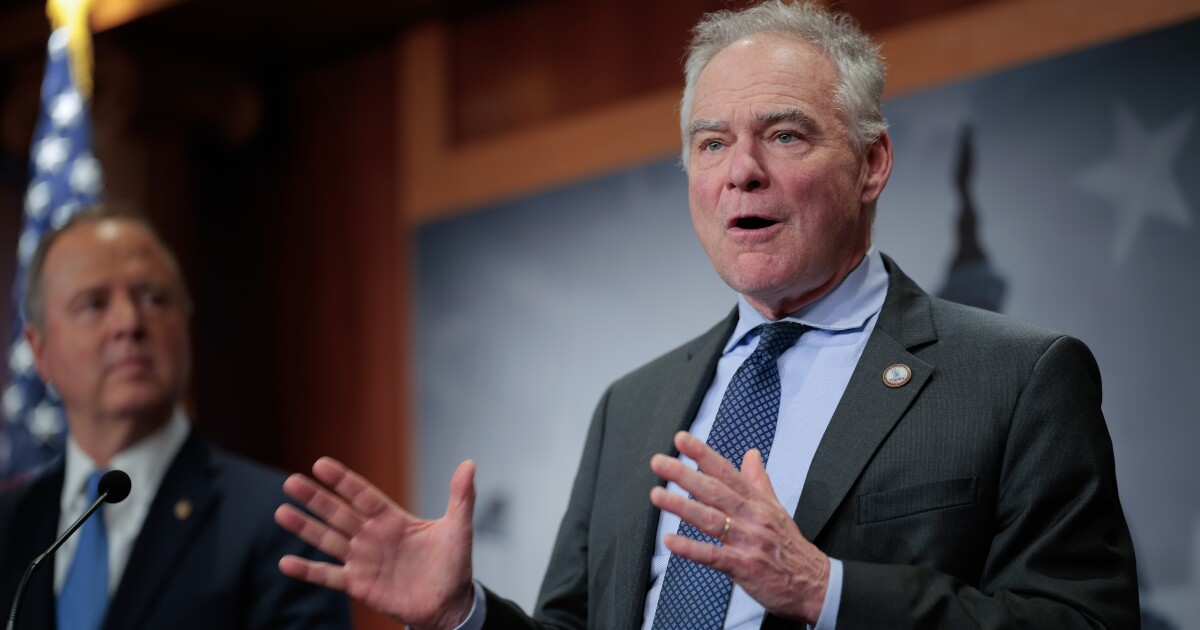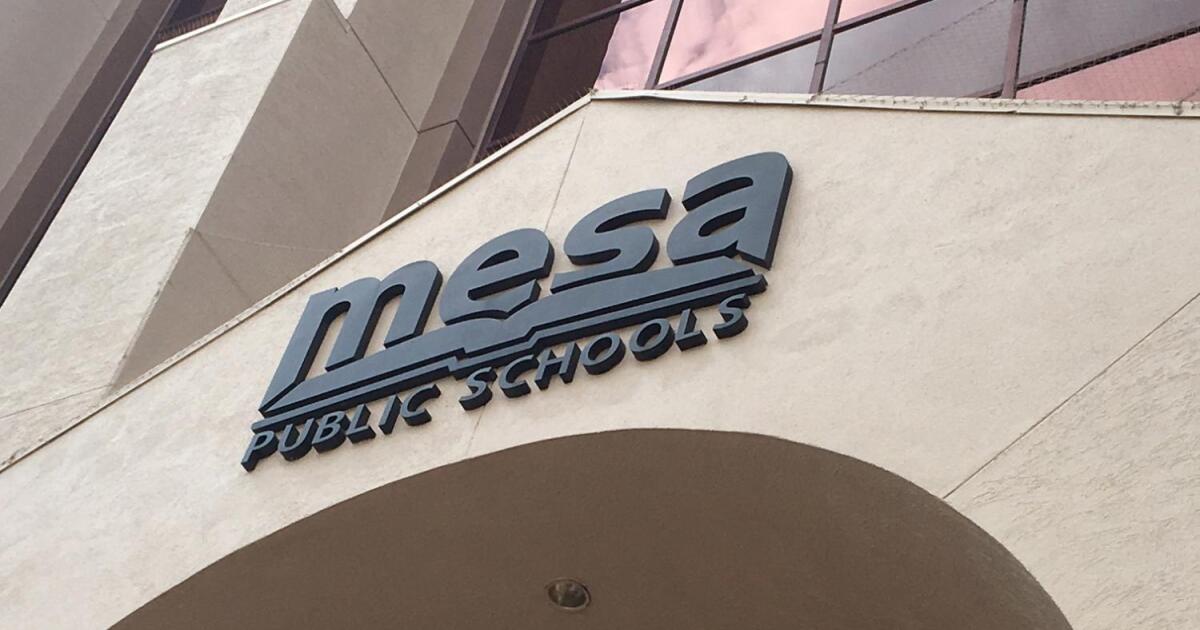The decision by the city of Billings to incinerate 188 pounds of methamphetamine at its animal control center didn’t breach clean air regulations, as revealed by a recent state investigation. The Department of Environmental Quality (DEQ) affirmed that the use of the facility for drug burns is allowed on a case-by-case basis. However, the investigation uncovered that improper operation of the crematorium led to poor pollution management and low burn temperatures, which were violations of state regulations.
The city may incur civil penalties up to $10,000 per violation, as mentioned in a Nov. 19 letter from the state accessed by Montana Free Press. The state will notify Billings prior to any formal enforcement action and has given the city 15 days to respond. DEQ spokesperson Madison McGeffers stated the agency had not received a response from the city by Tuesday afternoon. Billings has also not commented on the investigation’s outcome.
The DEQ’s probe was initiated by a September incident at the animal crematorium where a drug burn mishap led to fumes filling the building, resulting in evacuations and hospitalizations. Most affected were employees of the Yellowstone Valley Animal Shelter, who later decided not to return due to smoke damage.
The DEQ identified that the city’s violations stemmed from “operational conditions” that caused emissions to backflow into the building instead of being processed through the incinerator’s secondary chamber. The report also found 17 instances since 2023 where the facility failed to maintain the necessary temperature for effective pollution control, though these did not include the Sept. 10 burn.
McGeffers noted that oversight for alternative burns, like the drug incineration, was contracted to RiverStone Health, the county health department. While RiverStone approved the burn, DEQ found no violations in their actions. Following the September incident, RiverStone confirmed that approvals were properly requested and that all previous burns had been incident-free. However, they were unaware methamphetamine was involved in the September burn. RiverStone Health CEO Jon Forte announced a revised contract with DEQ for alternative burn approvals.
“DEQ found no issues or errors in our inspection protocol or reports,” Forte stated. “We will proceed with inspecting air pollution sources in Yellowstone County, with our staff certified biannually by a third party.”
—
Read More Montana News










